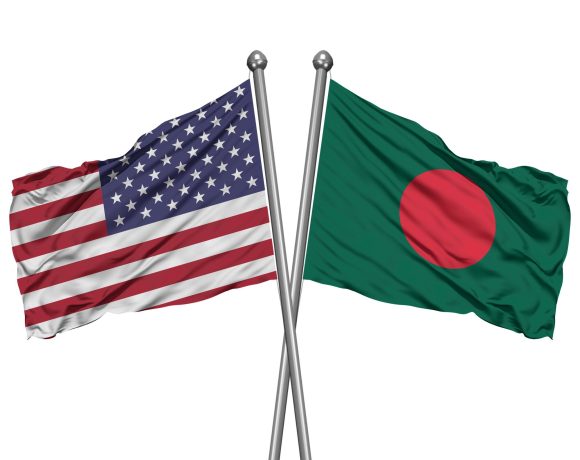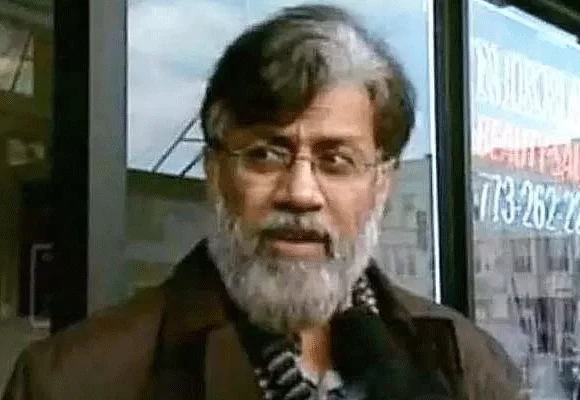
China Slams U.S. Defense Chief Over ‘Cold War’ Remarks
China has strongly criticized recent remarks made by U.S. Defense Secretary Pete Hegseth, accusing him of promoting a “Cold War mentality” during his speech at the Shangri-La Dialogue in Singapore. The comments, which included warnings about China’s growing military posture and actions toward Taiwan, have drawn a stern diplomatic response from Beijing.
China U.S. Tensions
In his address, Hegseth had stated that China’s increasing assertiveness, especially concerning Taiwan, posed a “clear and present danger” to Indo-Pacific stability. He called for deeper coordination among allies to counter China’s regional ambitions. China, however, rejected these statements outright, claiming they were filled with confrontational rhetoric and designed to incite division across Asia.
Beijing’s foreign ministry issued a statement condemning the U.S. for “exaggerating threats” and interfering in the internal affairs of other countries. China urged Washington to stop undermining regional peace and instead respect multilateral efforts aimed at maintaining stability in the Indo-Pacific.
Cold War Rhetoric
Chinese officials accused the U.S. of viewing global relations through an outdated ideological lens. They asserted that the American narrative was intended to foster bloc politics and geopolitical confrontation, rather than dialogue and cooperation.
China insisted that it remains committed to peaceful development, calling out the United States for deploying military hardware near its borders and reinforcing alliances perceived as containment efforts. Officials said such moves are destabilizing and signal a deliberate return to Cold War-style strategic hostility.
Taiwan Dispute
At the heart of the growing friction lies Taiwan. Hegseth’s remarks highlighted China’s actions toward the self-governed island as provocative and warned of the potential for escalation. In turn, Beijing reiterated its long-standing position that Taiwan is an inseparable part of its territory and warned the U.S. against supporting what it terms “separatist forces.”
The Chinese government cautioned that any attempt to promote Taiwan’s independence or embolden its military capabilities would cross a red line, threatening severe consequences.
As rhetoric intensifies on both sides, global observers remain concerned about the risk of miscalculation. The Indo-Pacific, already fraught with competing claims and strategic friction, may become even more volatile if both superpowers continue on this path of mutual accusation and military signaling.


















